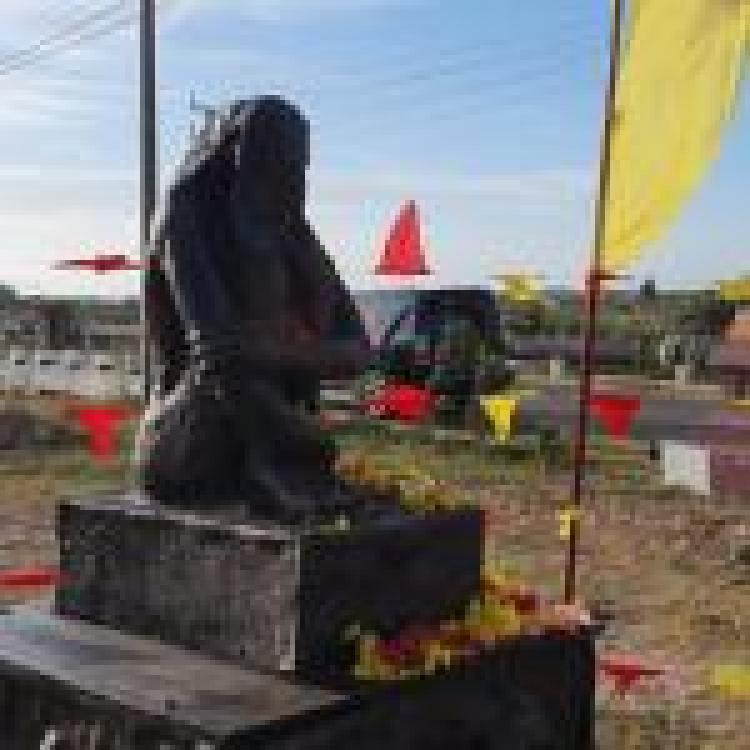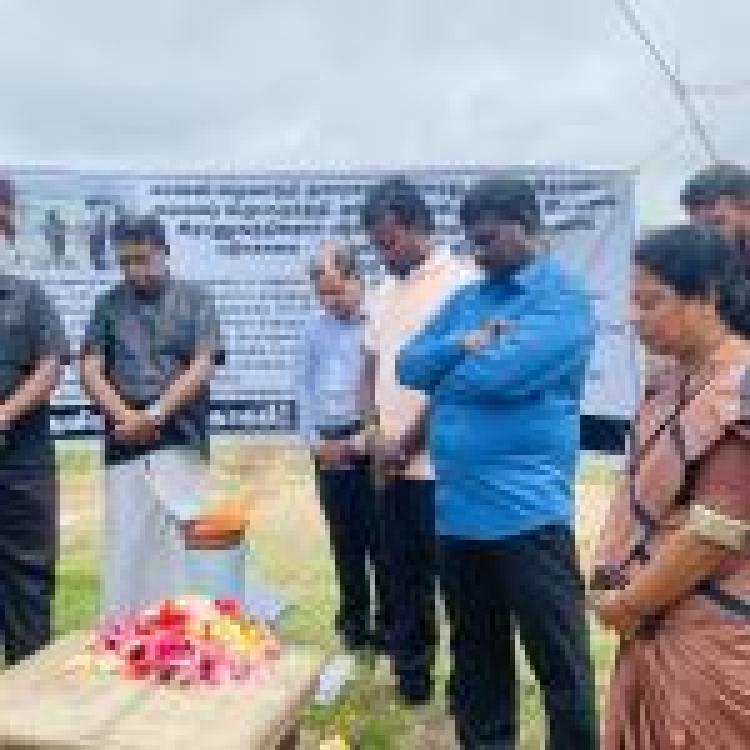.jpeg)
The 28th anniversary of Krishanthi Kumarasamy's gang rape and murder by Sri Lankan soldiers was commemorated at Chemmani on Saturday.
The gathering also remembered the murder and cover-up of those who had gone in search of Krishanthi; her mother Rasamma, brother Pranavan, and their neighbour Kirupakaran. The memorial was hosted by Gnanaprakasam Kisore, a former member of the Chavakachcheri City Council.
Chundikuli Girls High School student Krishanthi was taking her Advanced Level examinations at the time. A bright student, she had strong aspirations to become a doctor.
On September 7, 1996, Krishanthi was stopped by Sri Lankan soldiers at the Kaithady military checkpoint while travelling home from school. According to investigations, she was kidnapped by five soldiers at the checkpoint, then she was gang-raped and killed by another six. Her family was worried about Krishanthi's disappearance and set out to find her. The soldiers also murdered them. Forty-five days later, the four bodies were discovered inside the army base in shallow graves.
The Sri Lankan government was only forced to arrest the soldiers after persistent pressure from local human rights groups, Amnesty International and Women for Peace.
.jpeg)
One of the suspects, Corporal Somaratne Rajapakse, informed the authorities about supposed mass graves. Subsequently, Rajapakse and his accomplices revealed locations in Chemmani and Ariyalai where hundreds of victims were buried. This is now known as the Chemmani mass grave site.
In 2007, S. T. Gananathan, a social worker who was actively involved in exposing Krishanthi's case, was assassinated by unidentified gunmen near Mampalam Junction Sri Lanka Army camp in Ariyalai. The common perception is that he was killed in revenge for exposing the murderers of the 18-year-old Krishanthi.
Sri Lanka Army Corporal Somaratne Rajapakse is on death row for the crime. This is the only case in which soldiers from Sri Lanka have been convicted of raping a Tamil during the armed conflict despite thousands of documented instances of widespread sexual assault and murder committed against Tamils by the Sri Lankan military.
.jpg)
.jpeg)
.jpg)


